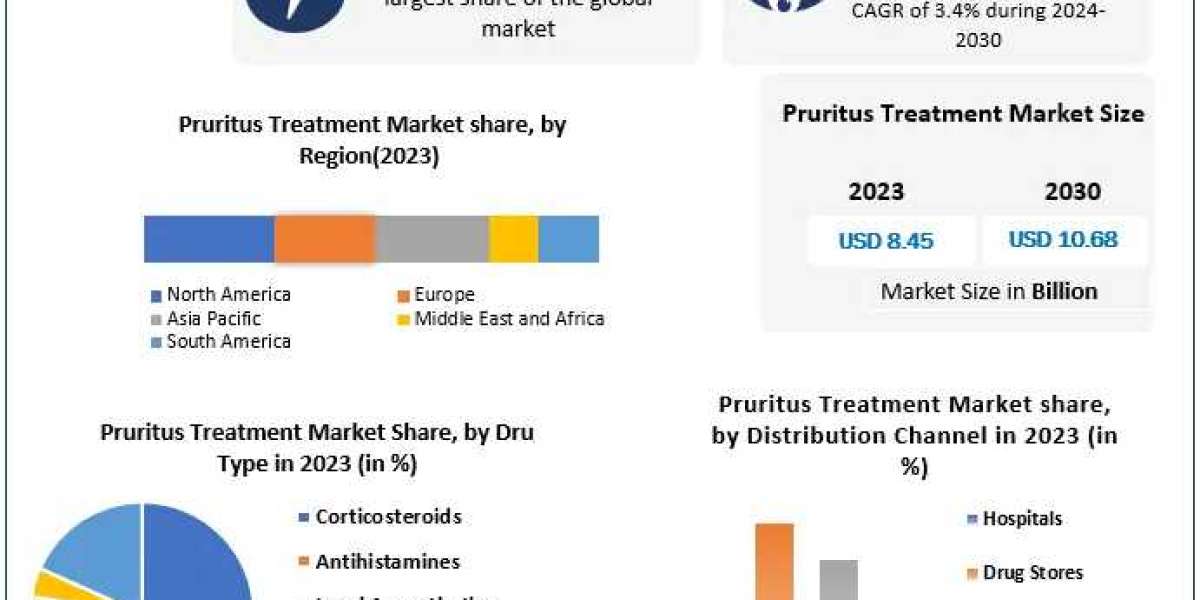The recombinant proteins market is experiencing significant growth due to advancements in biotechnology, increasing demand for biologics, and the expanding application of recombinant proteins in various therapeutic and diagnostic fields. Recombinant proteins, produced through genetic engineering, are now integral to medical research, drug development, and the treatment of various diseases.
Market Growth and Trends
The global recombinant proteins market is poised for substantial growth over the next few years. One of the primary factors contributing to this growth is the increasing use of recombinant proteins in the development of novel therapeutics, particularly in oncology, infectious diseases, and chronic conditions such as diabetes and rheumatoid arthritis. The rise in personalized medicine, which often relies on recombinant proteins, is also a significant growth driver. Moreover, the expanding use of recombinant proteins in vaccine development, as witnessed during the COVID-19 pandemic, has underscored their critical role in modern medicine.
Key players in the recombinant proteins market include prominent companies such as AbbVie Inc., Amgen Inc., Bio-Rad Laboratories Inc., Eli Lilly and Company, Merck KGaA, Novo Nordisk A/S, Sanofi S.A., Thermo Fisher Scientific Inc., Novartis AG, and GlaxoSmithKline PLC. These industry leaders are driving market growth through their extensive product portfolios, innovative research and development efforts, and strategic collaborations. Their influence spans across various segments of the market, contributing to advancements in biotechnology and the expanding application of recombinant proteins in therapeutic and diagnostic fields worldwide.
The market is also benefiting from advancements in recombinant protein production technologies, which have improved the efficiency, scalability, and cost-effectiveness of protein production. Innovations such as cell-free protein synthesis and the use of transgenic plants and animals for protein production are expected to further drive market growth. Additionally, the increasing availability of biosimilars is contributing to market expansion, offering cost-effective alternatives to branded biologics.
Market Dynamics
The dynamics of the recombinant proteins market are shaped by several factors, including the rising demand for biologics, the growing prevalence of chronic diseases, and the expanding biopharmaceutical sector. However, the market also faces challenges such as the high cost of recombinant protein production, stringent regulatory requirements, and the complexity of manufacturing processes. Despite these challenges, the market is expected to continue its upward trajectory, driven by the increasing adoption of recombinant proteins in various therapeutic and diagnostic applications.
The growing focus on precision medicine is also influencing market dynamics. As healthcare providers and researchers strive to develop more targeted therapies, the demand for recombinant proteins that can be tailored to specific patient populations is increasing. This trend is expected to drive innovation in recombinant protein production and expand the market's scope.
Market Segmentation
The recombinant proteins market can be segmented based on product type, application, and region. In terms of product type, the market includes hormones, growth factors, antibodies, enzymes, and others, with hormones like recombinant insulin and growth hormones holding a significant share due to their widespread use in treating diabetes and growth disorders. Application-wise, the market is divided into drug discovery and development, clinical diagnostics, and therapeutic applications, with the therapeutic applications segment leading, driven by the growing use of recombinant proteins in treating chronic diseases, cancer, and genetic disorders. Regionally, North America dominates the market, primarily due to its established biopharmaceutical industry and extensive research activities, followed by Europe, which benefits from strong government support for RD. Meanwhile, the Asia-Pacific region is experiencing the fastest growth, fueled by rising healthcare expenditure, expanding pharmaceutical industries, and increasing adoption of biologics, particularly in countries like China, India, and Japan.
Recent Developments
The recombinant proteins market has witnessed several recent developments that are shaping its future. One notable trend is the increasing collaboration between pharmaceutical companies and academic institutions to advance recombinant protein research. These partnerships are aimed at accelerating the development of new therapies and expanding the application of recombinant proteins in medicine.
Another significant development is the growing focus on sustainable and cost-effective production methods. Companies are increasingly exploring alternative production systems, such as plant-based and microbial expression systems, to reduce production costs and improve scalability. Additionally, the development of next-generation protein expression systems and cell-free synthesis technologies is expected to revolutionize recombinant protein production, offering higher yields and greater flexibility.
Regional Analysis
Geographically, North America holds the largest share of the recombinant proteins market, primarily due to the presence of a well-established biopharmaceutical industry, extensive research activities, and a high prevalence of chronic diseases. The United States, in particular, is a major contributor to the market, driven by substantial investments in biotechnology and the presence of leading pharmaceutical companies.
Europe is the second-largest market, with significant growth expected in countries such as Germany, the United Kingdom, and France. The region's growth is supported by strong government support for research and development, a well-developed healthcare infrastructure, and the increasing adoption of biologics.
The Asia-Pacific region is expected to witness the fastest growth during the forecast period, driven by increasing healthcare expenditure, rising awareness of biologics, and the expanding pharmaceutical industry. Countries such as China, India, and Japan are emerging as key markets for recombinant proteins, with significant investments in biotechnology and increasing demand for advanced therapeutics.
Related Report
Generic pharmaceuticals Market
Single use bioprocessing Market
Medical devices reimbursement Market
medical vending machines Market

